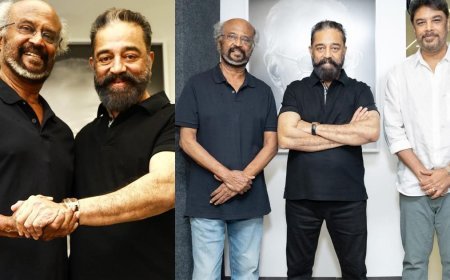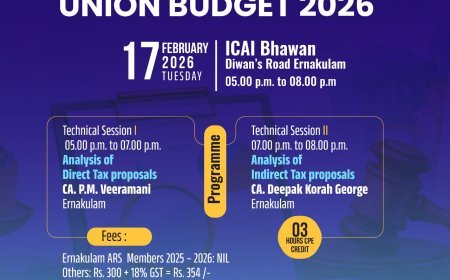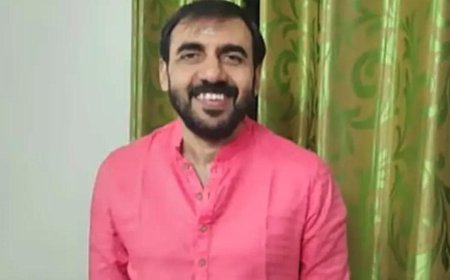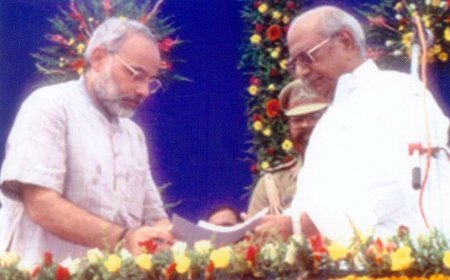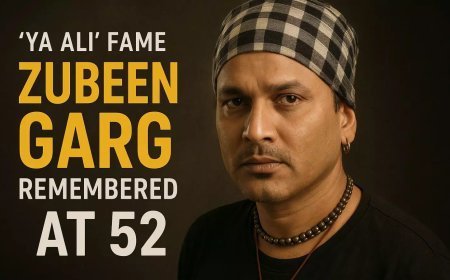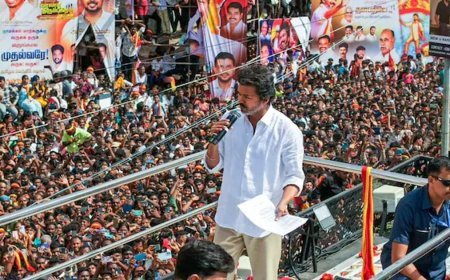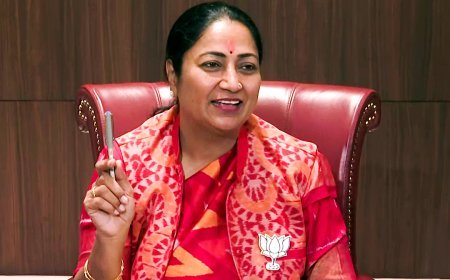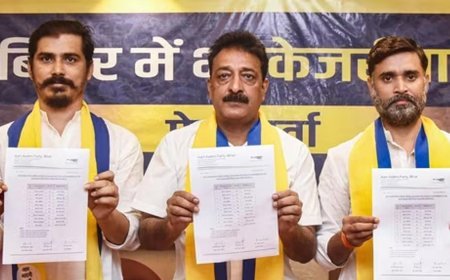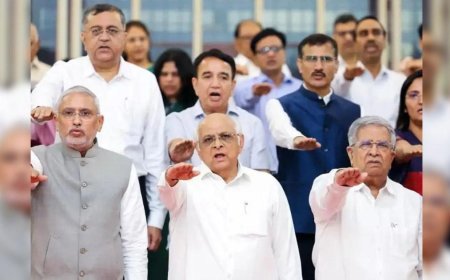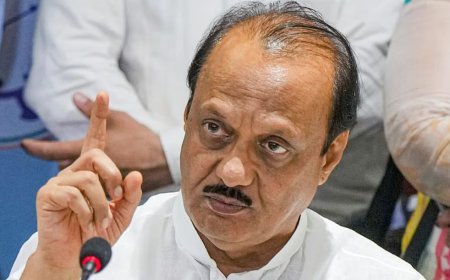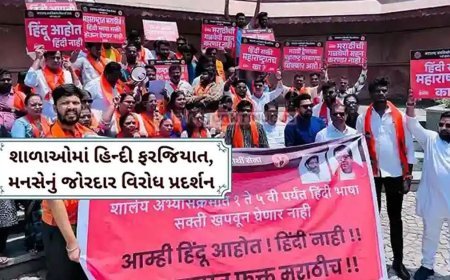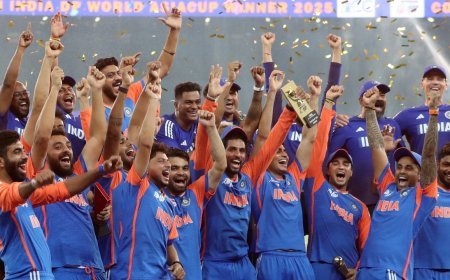'Some provisions are unilateral exercise of power'; Supreme Court's crucial intervention in Waqf amendment; Controversial sections stayed
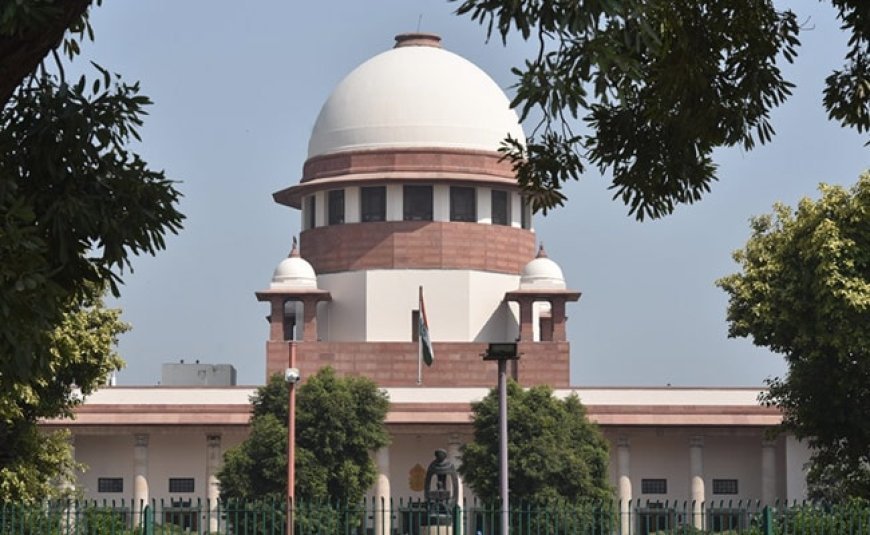
The Supreme Court has said that some of the key provisions of the Waqf (Amendment) Act, which has led to nationwide protests, are 'unilateral' exercise of power. The Supreme Court has stayed the controversial sections. The Supreme Court has given a partial stay to the amendment brought by the central government in the Waqf Act. The stay was granted on some provisions related to the law. The court mainly stayed the provision in the central law that only a person who has been following the Islamic faith for 5 years can grant waqf.
The intervention was made by a bench comprising Chief Justice B.R. Gavai and Justice A.G. Masih. The bench comprising Chief Justice B.R. Gavai and Justice A.G. Masih said that no case has been made out to stay the entire law, but 'some sections need some protection.'
The Supreme Court stayed the framing of rules by the state governments in relation to the provision of Section 3(1)(r) that a person should be a practicing Muslim for five years for the purpose of dedication of a waqf. The court also observed that the number of non-Muslim members in the waqf board should not exceed three. The Supreme Court also stayed the provision that as per Section 3C of the amendment act, the land would cease to be waqf as soon as the team appointed by the Collector starts an investigation in the disputed areas.
The Supreme Court has stayed this provision, observing that interference with the provision that allows a government designated officer to decide the dispute over whether the government land has been transferred to the waqf by encroachment cannot be allowed to adjudicate on the personal rights of citizens and this would be a violation of the separation of powers.
However, the provision that allows nomination of non-Muslim members to waqf boards has not been stayed. The court observed that the ex-officio member of the board should be a Muslim as far as possible. The court observed that there should not be more than four non-Muslim members in the Central Waqf Council and there should not be more than three non-Muslim members in the State Waqf Board.
The court clarified that making registration mandatory is not a new provision. The court did not interfere with this provision, saying that this requirement was also present in the previous laws of 1995 and 2013. At the same time, the court has extended the time limit for registration. The court has clarified that its observations are only prima facie and this will not prevent the parties from raising further arguments questioning the validity of the law.
What's Your Reaction?







